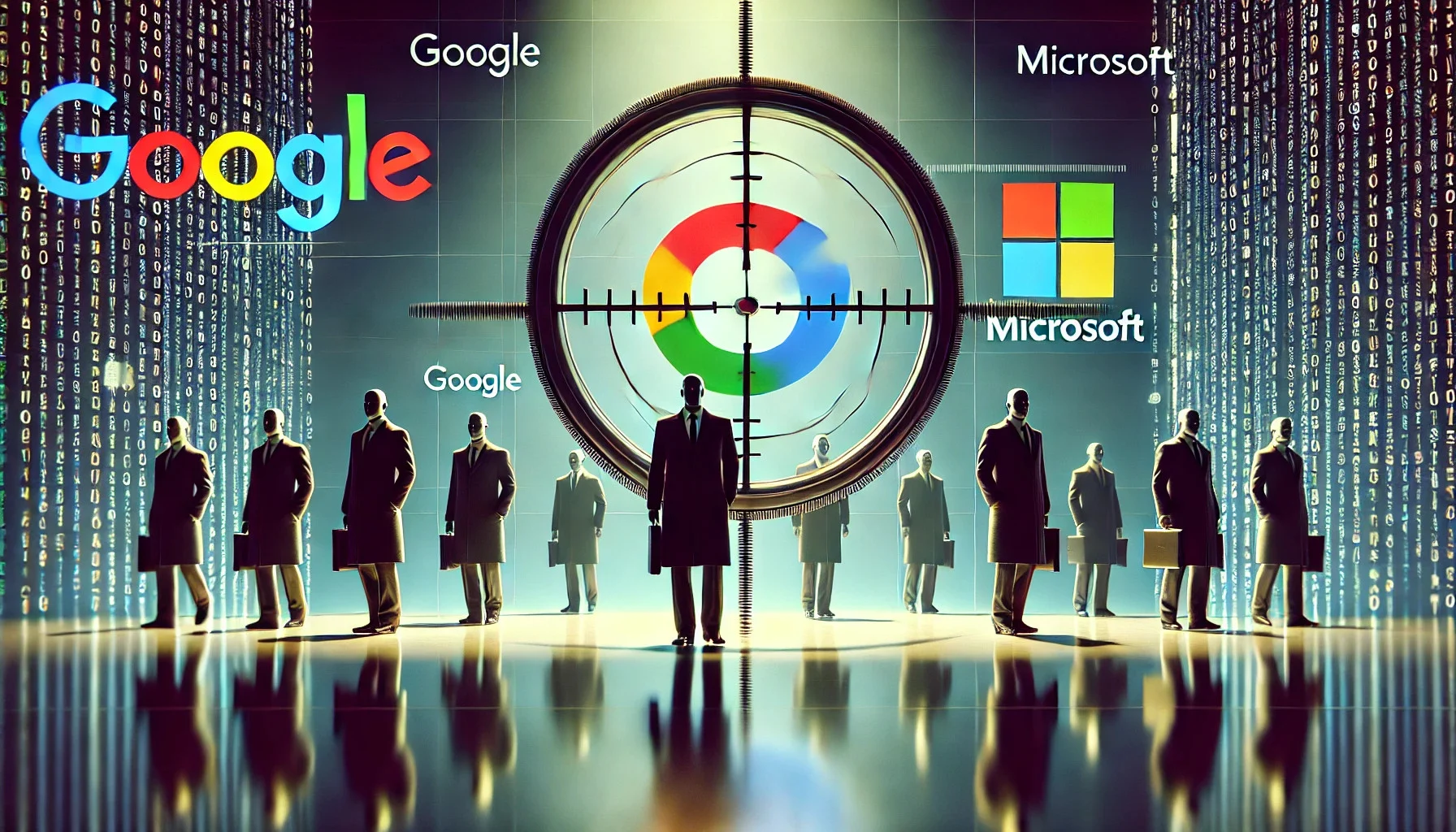Key Takeaways
- A Browser Choice Alliance has been established by Google, Opera, and other companies.
- Microsoft is being accused by the organization of unjustly pushing Windows users toward Edge.
- They are requesting that Edge be regulated as a “gatekeeper” by the EU.
A coalition of Google, Opera, Vivaldi, and other businesses has accused Microsoft of restricting the selection of web browsers available on Windows.
Microsoft is accused by the new Browser Choice Alliance of employing “dark patterns” to influence consumers to choose Edge over the competition. During updates, the tech giant allegedly puts Edge as the default browser, creates “hurdles” to installing alternative browsers, and opens links from its own services (such as Teams or Outlook) in Edge regardless of user preferences.
Despite previously refusing to designate Edge as a “gatekeeper” under the Digital Markets Act, the Alliance is now requesting that the EU’s European Commission do so. In July 2024, Opera filed an appeal against the Commission’s decision, and in 2023, Vivaldi accused Microsoft of unfair practices in an open letter.
We have requested a statement from Microsoft and will notify you upon receiving one. Other Alliance members include Waterfox creator BrowserWorks and Wavebox.
The organization notes that other businesses have similar opinions about browser preferences but are keeping their identities secret out of “less public interference” or “fear of retaliation” from Microsoft in the form of smear campaigns. The Alliance pledges to protect the identities of those who contact it on its members page.
High-profile developers like Brave and Mozilla, the company that created Firefox, aren’t listed as part of the Alliance, though it’s unclear if these are the companies in question. Mozilla has been contacted for comment. They both have argued for a more competitive browser market.
When Chrome holds over 65.2% of the desktop and mobile browser market as of October 2024, Google is the market leader. Edge’s share is 5.2%. However, if you only include desktops, Microsoft claims a market share of about 15.7%; if you take out Apple’s Mac-exclusive Safari, the percentage rises to 7.9%.
Therefore, the Browser Choice Alliance is mostly a defensive move on Google’s part. Theoretically, it deters Microsoft from undermining Chrome’s position with Windows features. However, smaller developers like Vivaldi and Opera (who hold about 2% of the desktop market) would struggle to grow if consumers were discouraged from testing their software, thus it’s more a matter of survival for them.
